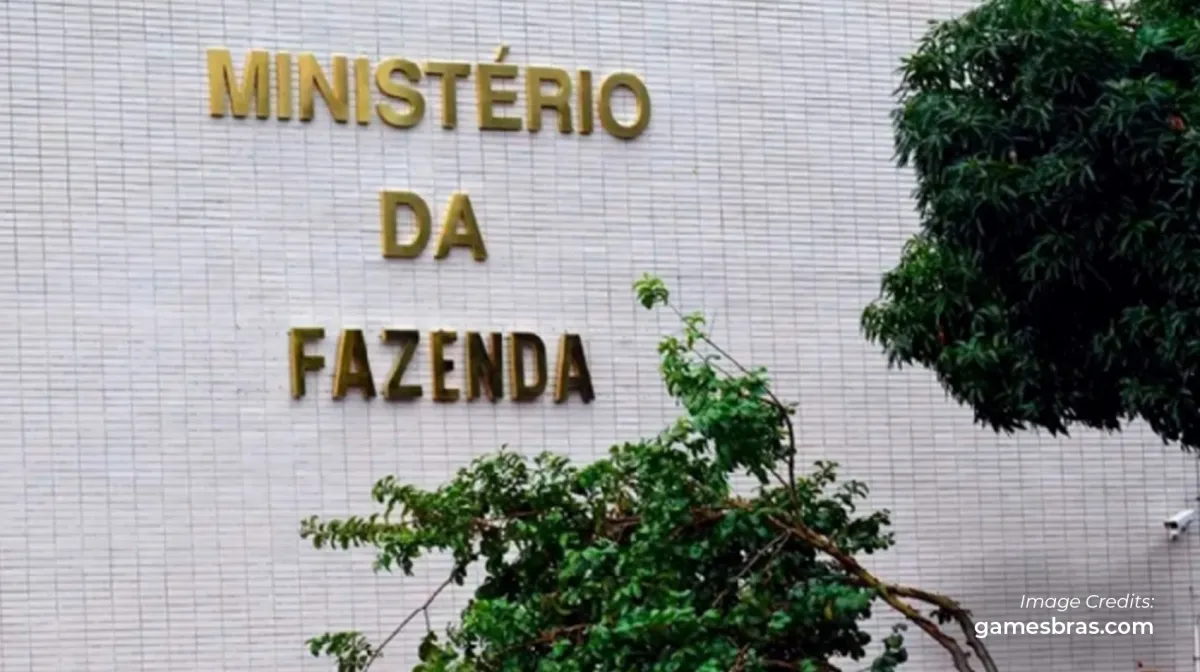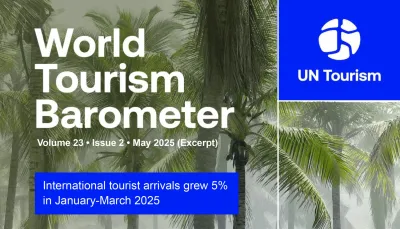Dribble
Finance Ministry Concerned Over Legal Loopholes in Betting Accreditation

Dribble
The issue of betting accreditation in Rio de Janeiro has raised concerns within the Finance Ministry, as it appears to defy federal legislation by allowing operations across the nation. Despite the 2020 ruling by the Federal Supreme Court granting states and municipalities the authority to oversee gaming activities, it emphasized adherence to territorial boundaries.
However, Rio de Janeiro's approach, dubbed as a "dribble" in legislation, has sparked worries about potential fiscal discord nationwide regarding the accreditation of betting establishments. Moreover, there's a risk that this deviation from federal regulations could undermine the meticulously crafted framework approved by Congress.
Of particular concern is the revenue disparity: while Rio de Janeiro offers a grant of R$5 million (approximately US$ 1 million) per company, the federal government provides a substantially higher grant of R$30 million (approximately US$ 6 million).
Additionally, tax collection falls under state jurisdiction rather than the Union's, with Loterj imposing a 5% tax rate on companies' gross revenue compared to the 12% proposed by the federal government.
Efforts to address this issue through negotiations with Loterj have thus far been unsuccessful, prompting the Ministry of Finance to consider legal action. Over 130 companies have expressed interest in operating in Brazil, with federal accreditation procedures nearing finalization.
The federal government anticipates significant revenue generation, aiming to capture up to R$10 billion (approximately US$ 2 billion) annually from the betting market, including virtual casinos.
If Loterj fails to comply with federal directives, the Union reserves the right to appeal to the Supreme Federal Court (STF). Meanwhile, the Rio de Janeiro lottery has accredited four bets, with three others in the qualification process, despite objections from entities such as the Paraná State Lottery.
Lottopar, in particular, has contested Loterj's accreditation criteria, arguing that bets placed anywhere in Brazil should be within the jurisdiction of the respective state. Loterj, however, maintains that its operations are within legal bounds and subject to STF validation.
Dialogue between Loterj and relevant stakeholders continues, with the Ministry of Finance's recent notification prompting further engagement to address the concerns raised.



